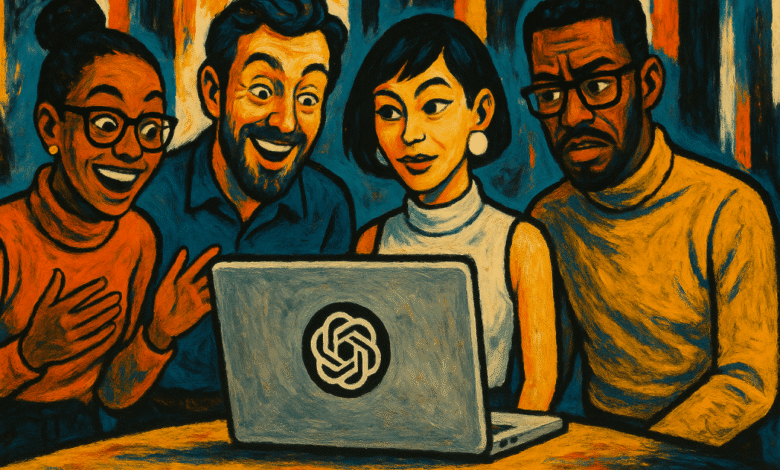OpenAI Removes GPT-4o & o3, Sparks User Backlash – Enterprise API Still Available

▼ Summary
– OpenAI announced GPT-5 will replace all existing models in ChatGPT, removing user choice between versions like GPT-4o or GPT-3.
– GPT-5 access is rolling out to most ChatGPT users, while Enterprise and Edu tiers retain legacy models for 60 days.
– Many users expressed frustration over losing preferred models, citing workflow disruptions and emotional attachment to older versions.
– OpenAI CEO Sam Altman previously hinted at simplifying the model selection process, aligning with the decision to unify under GPT-5.
– Enterprise APIs will not deprecate older models, ensuring continuity for businesses relying on specific versions for applications.
OpenAI’s decision to retire GPT-4o and earlier models has sparked mixed reactions among users, with many expressing frustration over losing their preferred AI tools. While the company pushes forward with GPT-5 as its unified solution, enterprise clients can breathe easy, their API access remains unaffected for now.
The shift means ChatGPT users, including Plus, Free, Pro, and Team subscribers, will no longer have the option to switch between older models like GPT-4o, o3, or o4-mini. Instead, GPT-5 will become the default across the platform. Enterprise and Education tiers retain temporary access to legacy models for 60 days, offering a brief transition period.
Longtime users voiced disappointment, citing workflows built around specific model behaviors. Some lamented the loss of GPT-4o, which served as the default for many, while others praised o3 for its reliability in daily tasks. Social media backlash included critiques of OpenAI’s handling of the transition, particularly a demo where GPT-4o was asked to “write its own eulogy”, a move branded as tone-deaf by critics.
Yet not everyone sees the change negatively. Industry observers argue that consolidating models under GPT-5 forces users to adopt cutting-edge capabilities they might otherwise ignore. Many casual users never explored advanced features, sticking with outdated versions and missing significant upgrades. By eliminating choice, OpenAI aims to standardize performance and reduce confusion, a strategy hinted at earlier by CEO Sam Altman, who acknowledged the platform’s overly complex model selection process.
For businesses, the impact is minimal. Enterprise API users retain access to all existing models, with OpenAI confirming no immediate plans for deprecation. This ensures continuity for companies relying on older models for cost efficiency or specialized tasks. However, developers should stay alert, while APIs remain safe today, future sunset notices could still arrive with advance warning.
The move underscores a broader trend in AI: as technology evolves, maintaining backward compatibility becomes increasingly challenging. OpenAI’s gamble hinges on GPT-5’s ability to outperform its predecessors convincingly. Whether users adapt smoothly or continue pushing for restored options remains to be seen. One thing’s certain, the AI landscape just got simpler, whether everyone wanted it or not.
(Source: VentureBeat)





